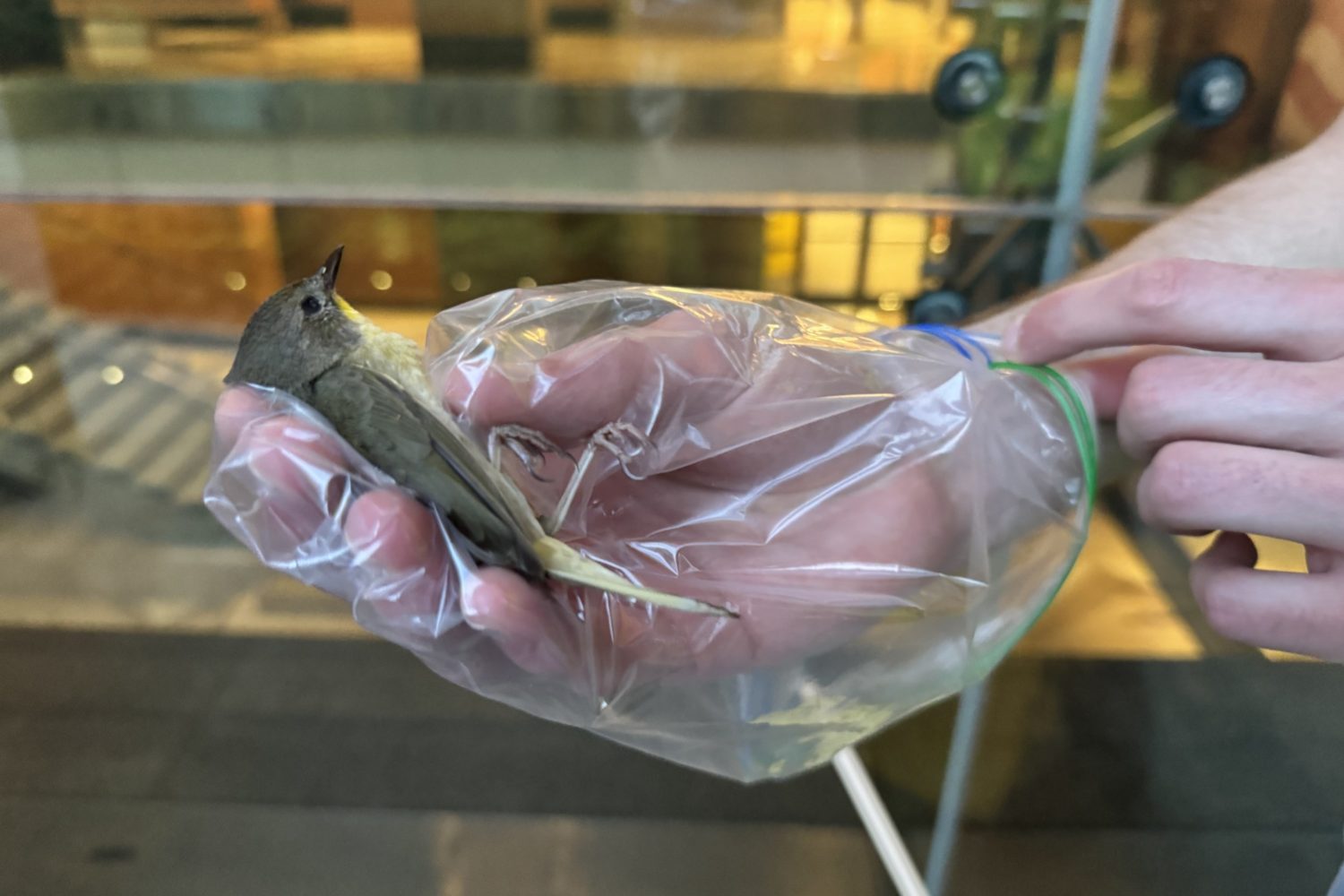Ernestine Bradley is a German native and naturalized American citizen, college professor, cancer survivor, mother, and wife of a former senator and presidential candidate, Bill Bradley. In The Way Home, she details the events that made her all of these things, with no experience given more importance than any other.
Bradley uses strands of memory to string together the momentous periods of her life—including her self-constructed “childhood paradise” in Passau, Germany, under Nazi rule; a difficult time in nearby Ingolstadt, when she all but raised her two siblings while her mother battled illness and her father was busy with work; a wild time as a Pan Am flight attendant in Queens, New York; and her life as a Senate spouse.
“There are memories elicited by images,” Bradley writes, “or by the gestures of strangers, and there is the unexpected, overwhelming invasion of past events called forth by sensory experiences—a melody, a smell in unfamiliar surroundings—that can make you happy or move you to tears.”
Several such memories—the surprisingly comfortable recollection, triggered by a raised voice, of her father’s temper; visiting her childhood paradise and recalling the beauty she once saw there—enable Bradley to bring together the stories that make up her life.
This book is also about her parents, whose love held them together while circumstances kept them apart. A soldier and a hairdresser who didn’t marry until years after Bradley’s birth, the pair betrayed her when her father falsely told Ernestine he had adopted her. Bradley’s story, she says, is one of both living and being a lie.
She struggled her entire life to overcome the pain of her youth. After emigration to the United States in 1957, a brief marriage to an American that produced the first of her two daughters, and a few years spent studying languages in the US South, she traveled north with a “cracked heart.” She went on to become a teacher and to meet, as she calls him, the man of her life: professional basketball player—later senator—Bill Bradley.
Their 1974 marriage helped diffuse her anger toward her parents even as his Senate career was marked by long hours, endless commuting, and nights alone for each of them. Her breast cancer and mastectomy strengthened their marriage but left physical scars—which, juxtaposed with the psychological wounds of her youth, Bradley calls “a sign of triumph, not defeat.”
While this memoir is engaging, it’s sometimes painfully slow to develop, with frequent philosophical musings and extraneous questions that make for stilted sentences and an awkward flow. Still, it’s admirable that in a book that touches on so much—history, politics, the challenges of working motherhood, battling illness—the focus remains on Bradley, her search for identity, and her philosophical journey.
“Only now,” Bradley writes of that journey, “do I understand the most important message of all: defeat is never permanent, nor triumph everlasting. Only memory seals these moments in unending glory.”
This book is a tribute to the power of memory—both to seal and to heal.
Author:
Ernestine Bradley
Publisher:
Pantheon
Price:
$24

















